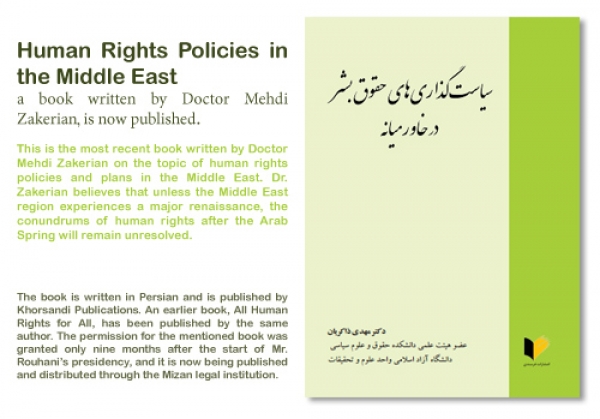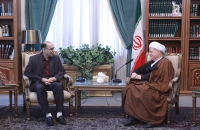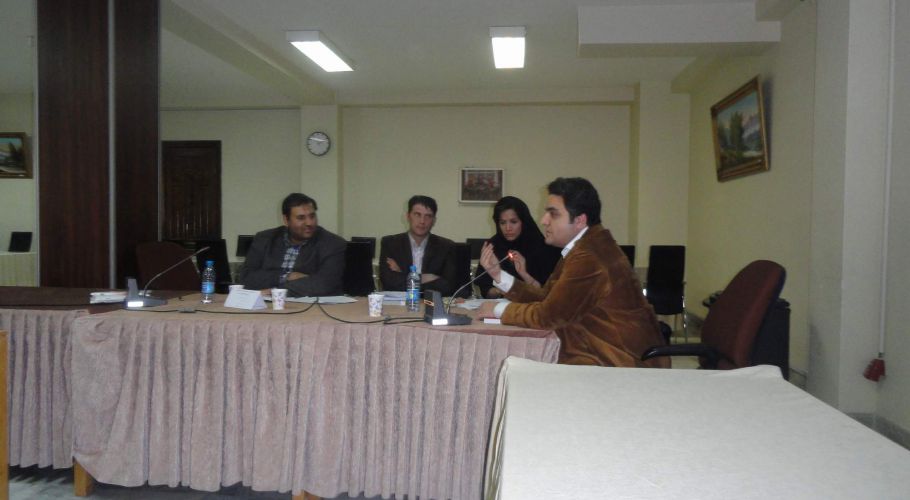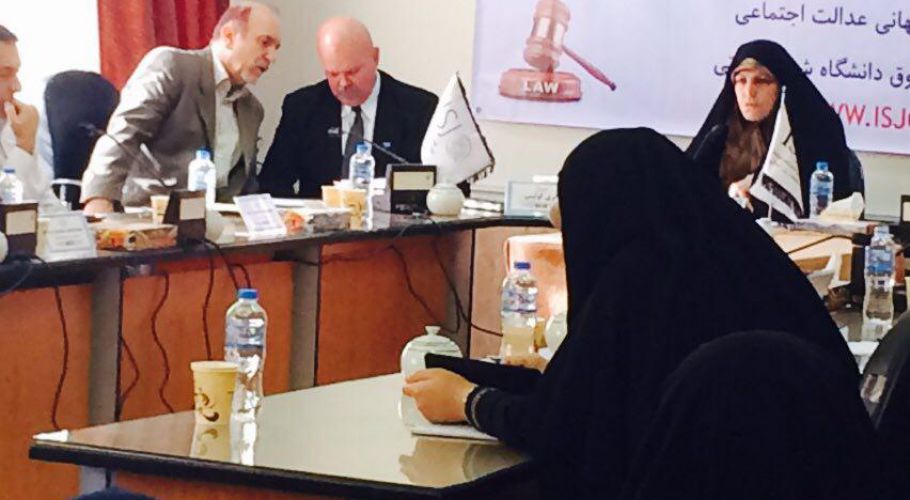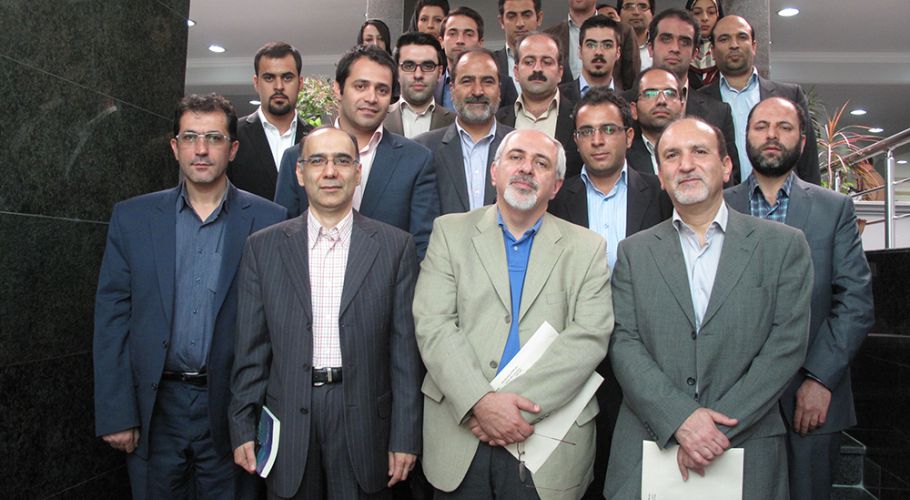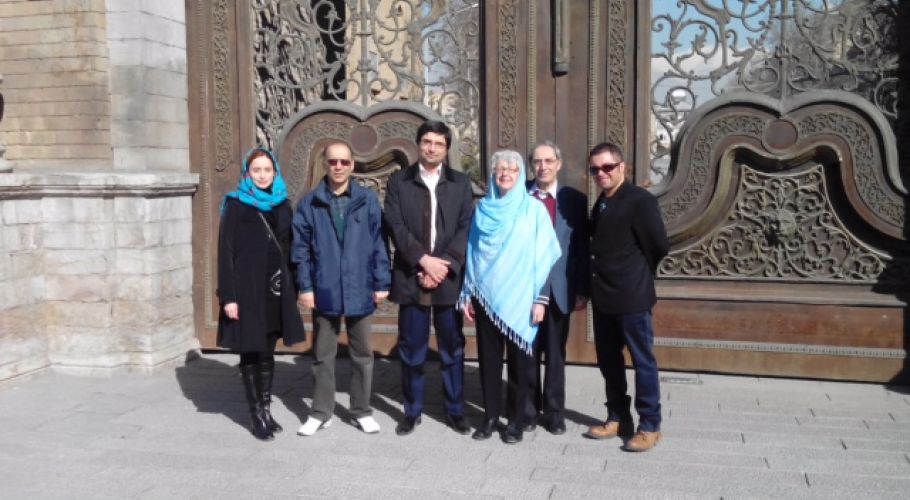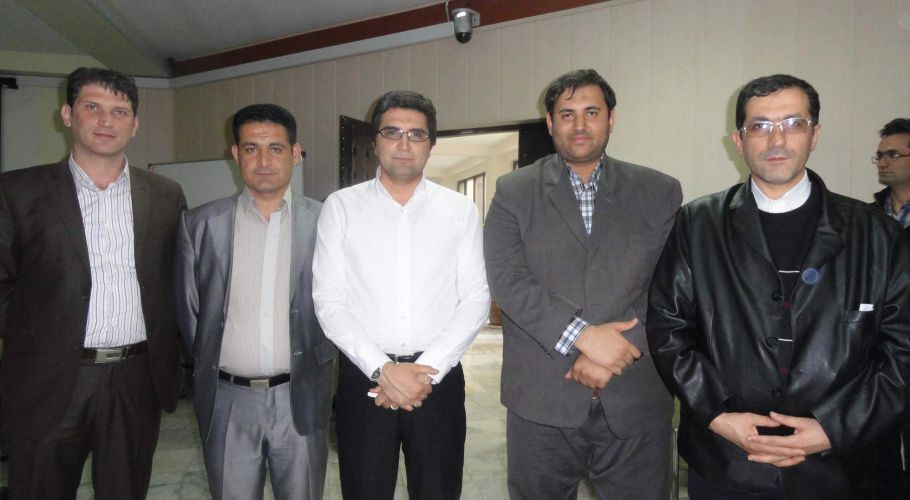This renaissance should be a development that is based on tolerance, and should be able to persuade the three vertices of the triangle of the individual, government, and society in the Middle East to respect the civil, political, economic, social, and cultural rights. Moreover, the right to peace and development is emphasized in this book as well. The author describes the basics of public policy and explains the optimization of policy process in order to convince the individual, society, and the state to achieve human rights in the Middle East. This book depicts religion, ethnicity, and culture of the Middle Eastern nations as factors which simultaneously verify and reject the human rights in the Middle East. Dr. Zakerian believes that no unified interpretation and definition of human rights exists in the Middle Eastern religions, cultures, and ethnicities. This has led the Middle East region to overlook human rights and lose its human rights capitals. In addition to the aforementioned points, this book has criticized the academic community of the Middle East. The author’s criticisms regarding a number of regional academics are due to the fact that some of them have become solvents of authoritarianism and human rights violations. When scientific patterns are corrupt, it is only natural for the human rights to fail and for authoritarianism to become more persistent.
The book is written in Persian and is published by Khorsandi Publications. An earlier book, All Human Rights for All, has been published by the same author. The permission for the mentioned book was granted only nine months after the start of Mr. Rouhani’s presidency, and it is now being published and distributed through the Mizan legal institution.
